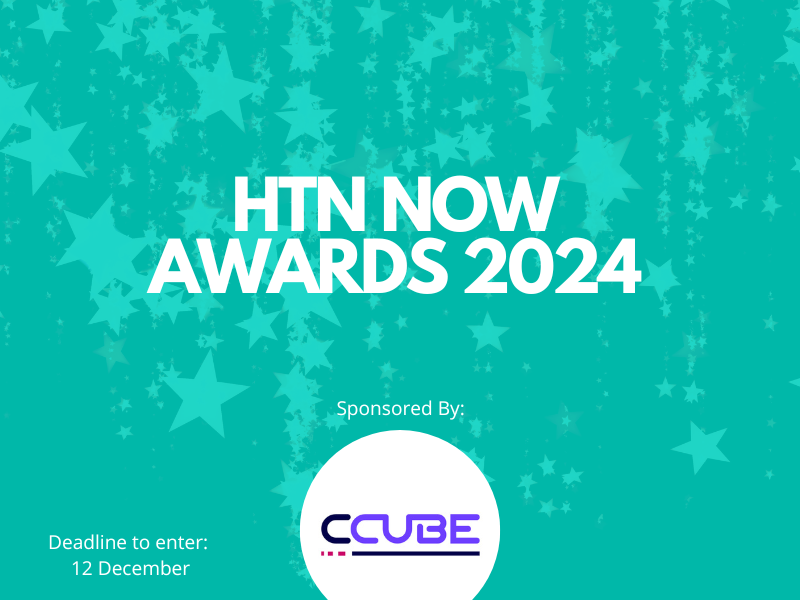As digital health technologies take over traditional mediums of cure and diagnosis, health care providers (HCPs) are seeking answers to several intriguing questions related to health apps By Patrick Richardson
What do end users desire and demand from health apps? What technologies will assist in the growth of health apps? How important is personalization, and what barriers will health apps confront going ahead? This blog post explores solutions to few of those important questions, for which HCPs intend to seek solutions.
Health apps – “Where they are and where they need to go”
At present, health apps seem to be quite technically focused, which poses limitations on their growth. They need to move on from this standpoint, focusing more on patients and caregivers, to engage their users on a long-term basis.
Secondly, while current health apps merely record data on devices or smartphones, going forward they need to integrate themselves into self-managed support systems that are able to make sense of the collected/recorded data by using machine learning.
Whats more, whereas the current generation of health apps are suited to individual users, trends indicate that future apps should enable users to choose healthcare providers, as well as building a support network and connecting them with other patients and caregivers.
Finally, users today are skeptical about sharing their personal data, as they feel the current health app market is non-transparent and fear the risk of data leaks. Health service providers in this context need to assure patients and clients that their security mechanisms are safe, and hence there is no threat to their personal data.
Technologies assisting the growth of health apps
Health apps will become the best set of tools for managing people’s health and wellbeing. The rise of sophisticated data analytics, as well as emerging computing and mobile technologies, is enabling medical professionals to deliver quality health care in proximity to where patients live, work and travel.
Technologies based on the Cloud facilitate storage over the internet, eliminating the need to store data on local servers, hardware equipment or other devices. As the data is stored online it can be accessed remotely, meaning cloud-based technologies work smoothly with mobile applications. They facilitate easy access to information and data whenever required by patients and health care clients.
The other technology platform on the rise is Healthcare vaults and portals, giving patients access to their medical records. Hospitals, doctors’ consortium-run hospitals, and medical institutions are encouraging portals that allow patients to see their records.
For instance, Microsoft HealthVault provides access to a patient’s medical history from multiple doctors and health institutions. Mobile apps tap into these health vaults and permit access to the patient’s records anytime anywhere.
Personalizing health care apps
It is crucial that the health apps focus on personalization, as they will be dealing with complexities of the public, as well as individual patient demands. So how do technology firms and healthcare service providers build apps that stand out in the market with a plethora of apps?
Health apps of the next generation should make patients confident and capable
of managing their health portfolio, facilitating informed decision-making around medical choices. They should be able to guide patients on the treatment options available for different medical conditions, as well as keeping track of complications as well as co-morbidities as the medical condition progresses.
Furthermore, healthcare apps should be able to assist the patients by leveraging local treatments, as this would provide them with access to the best pathways and resources available in their vicinity. They should also facilitate medical updates, patient feedbacks and the latest technology available for curing medical ailments.
Barriers to app development
One of the major issues around health-related apps is privacy and security of personal data, which might be accessed by unethical parties or hackers. Health care institutions and medical professionals should appropriately balance the extent to which the patient data is shared with third party vendors, by confirming appropriate norms of privacy.
Patients benefit when HCPs have access to all their information at one place. However, this is difficult to achieve, not only because of privacy concerns, but also due to the lack of a commonly accepted digital format. The technical and ethical constraints of storing such data is a huge challenge.
In addition to these complications, creating and maintaining a robust application is quite capital intensive, as HCPs and medical institutions must merge information from different points and multiple systems.
Finally, the uphill task before the HCPs is to convince people that medical apps can be trusted and used for diagnosis and speedy recovery. HCPs need to be transparent with people, and should divulge details of the developing agency and funding bodies to gain peoples’ trust. They should also get the app validated by third parties to prove its efficiency and effectiveness.
To sum up, the success of any app will be determined by its driving need, its usability, its ability to secure personal data, the value of its solution and the longevity of its use.
- Thank you to hedgehog lab for working with us




